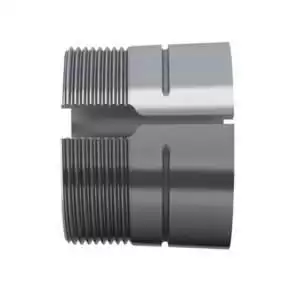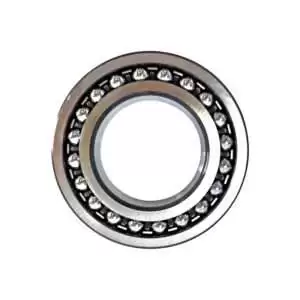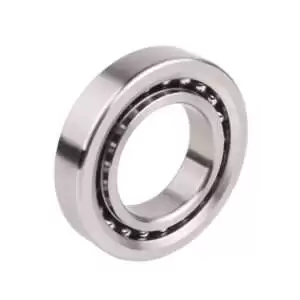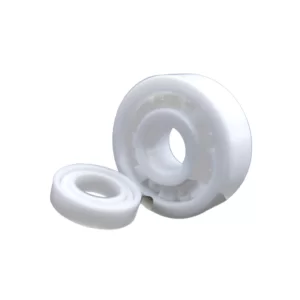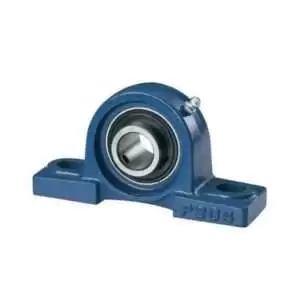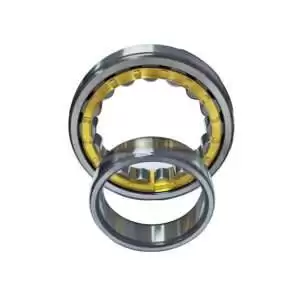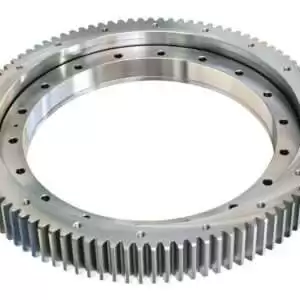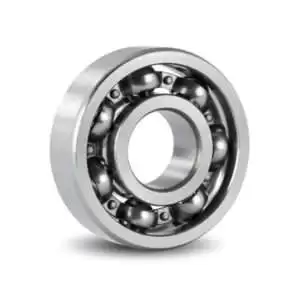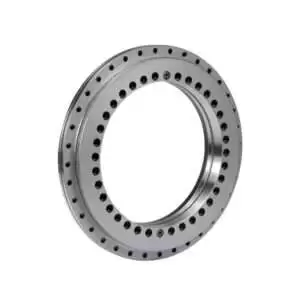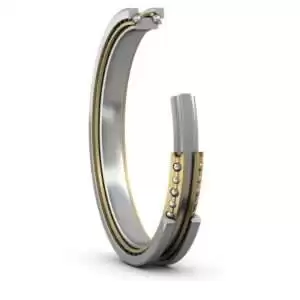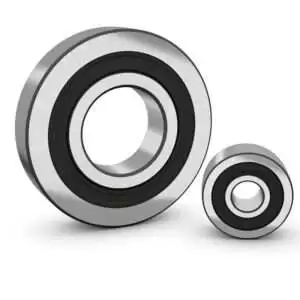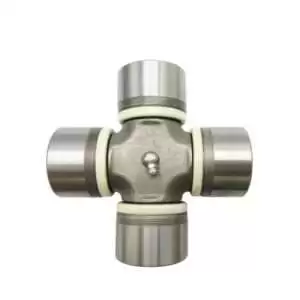Categories
-
Adapter Sleeves (9)
-
Ball Bearings (11)
-
Ball Screw Bearings (2)
-
Ceramic Bearings (27)
-
Pillow Block Bearings (4)
-
Plain Bearings (32)
-
Roller Bearings (12)
-
Slewing Bearings (43)
-
Sliding Block (3)
-
Stainless Steel Bearings (27)
-
Super Precision Bearings (6)
-
Thin Section Bearings (9)
-
Track Rollers (4)
-
Universal Joints (1)
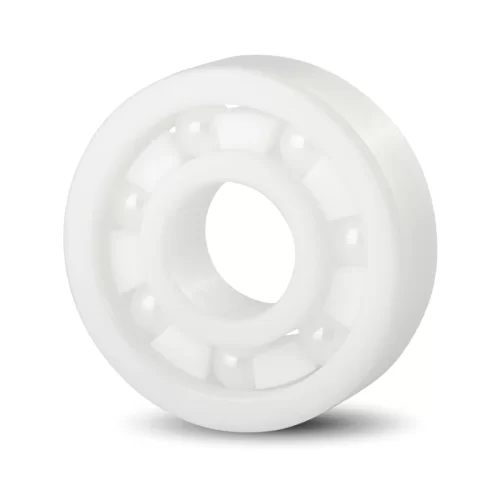
1. Introduction to Full Ceramic Bearings
What are Full Ceramic Bearings?
Full ceramic bearings are a highly specialized type of bearing constructed entirely from ceramic materials such as silicon nitride or zirconium oxide. Unlike hybrid bearings, which combine ceramic balls with steel races, full ceramic bearings are made purely from ceramic throughout. These bearings are exceptionally durable, capable of withstanding harsh environments that would easily defeat conventional steel bearings.
Why They Are Different from Traditional Steel Bearings
The primary distinction between full ceramic bearings and traditional steel bearings lies in their material composition. While steel bearings are robust, they are vulnerable to corrosion, wear, and high-temperature failure. Conversely, ceramic bearings, due to their non-metallic nature, are inherently resistant to these issues. This results in longer lifespans, less maintenance, and superior overall performance, particularly in environments where steel bearings would struggle.
Overview of Their Growing Popularity in Various Industries
Full ceramic bearings are gaining traction across a broad spectrum of industries, from aerospace to medical devices. Their exceptional properties make them an ideal choice for high-precision applications where even minor failures could lead to significant consequences. As industries continue to push technological boundaries, ceramic bearings are increasingly becoming the go-to option for engineers and procurement specialists alike.
2. Understanding the Role of Bearings in Maintenance Costs
How Bearings Affect Machine Performance and Longevity
Bearings serve as the unsung heroes of machinery, ensuring smooth rotation and reducing friction in moving parts. However, when bearings fail, it can lead to catastrophic machine downtime and expensive repairs. The quality of the bearings used directly influences the longevity of the equipment and, consequently, the overall maintenance costs.
Common Issues with Traditional Bearings
Traditional steel bearings are prone to several issues, including corrosion, pitting, and wear caused by constant friction. They also require regular lubrication to maintain performance, and failure to do so can lead to bearing degradation. Even the slightest contaminant in the lubricant can cause havoc on steel bearings, leading to premature failure and unplanned downtime.
Sisal Wheel,Sisal Polishing Buffing Wheel,Sisal Polishing Wheel,Stitched Sisal Buff
Jiangmen Gude Polishing Equipment Co., Ltd , https://www.kokipolishing.com
